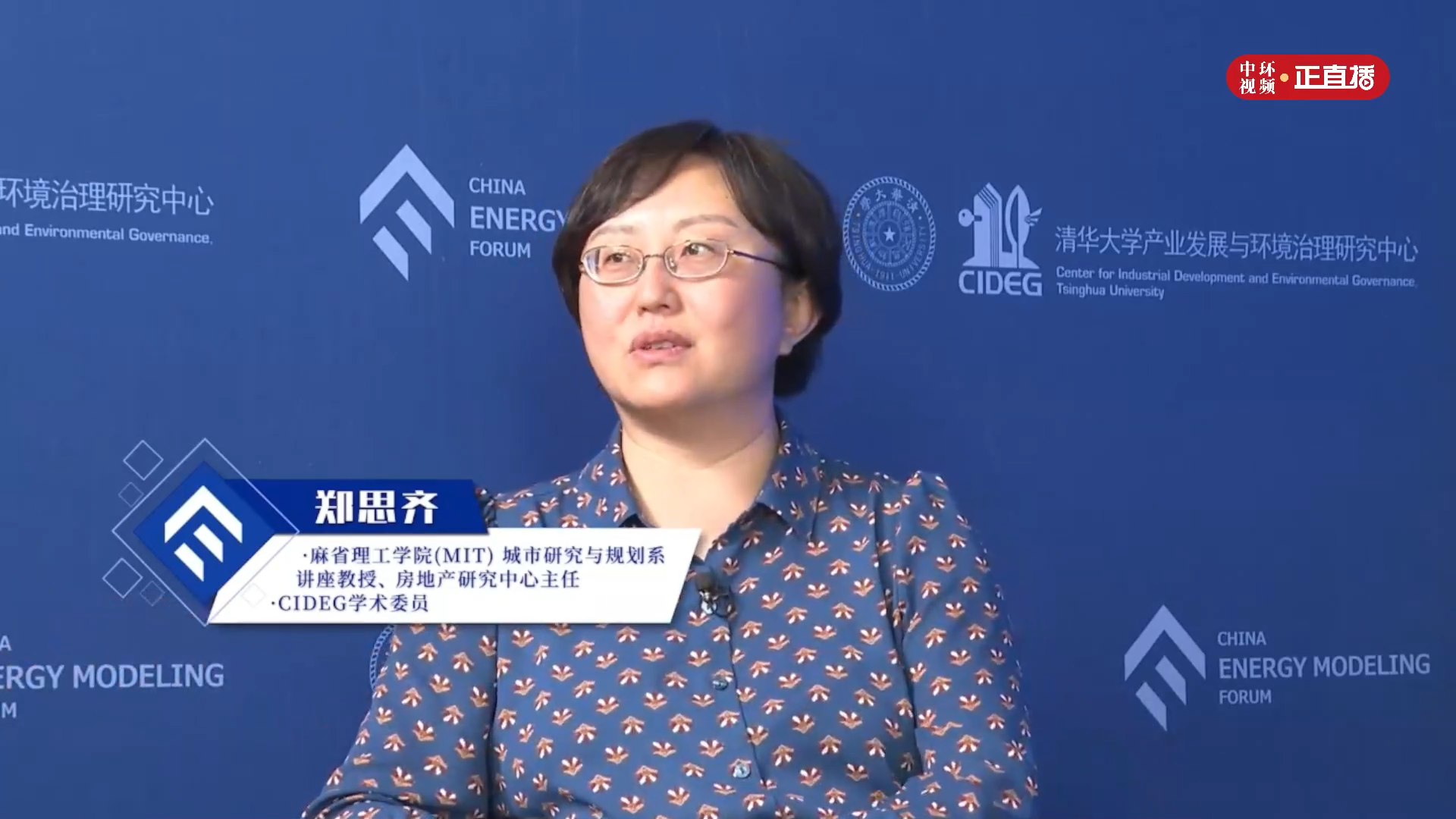In this regard, the role of market forces has already begun to emerge. Zheng Siqi mentioned, "Since the 'dual carbon' goals were introduced, there has been a growing awareness of carbon neutrality and sustainable development throughout society. Moreover, as people's income levels rise, the emphasis on the quality of life has also increased, with environmental quality being a significant part of it. Therefore, for green buildings with low energy consumption and low pollutant emissions, as well as healthy buildings, both residents and businesses are willing to pay higher prices to choose them. The increase in demand will gradually drive an increase in supply. Currently, many real estate companies have entered this race and have adopted measures such as using energy-efficient and environmentally friendly materials and increasing the building assembly rate. This is the power of the market."
However, sometimes the supply-demand dynamics in the market alone are insufficient to drive the low-carbon transformation of the construction industry, and external forces need to come into play. Zheng Siqi stated that external forces primarily fall into two aspects, the first being policy. "Because carbon emissions from companies and users do not bear the true cost of their carbon emissions, carbon emissions represent a negative externality that requires policy intervention. At the national level, as the initiator of the 'dual carbon' goals, China has actively introduced various carbon reduction policies, participating in and leading global green and low-carbon development, demonstrating the image of a responsible major nation. At the local level, governments at all levels also attach great importance to this work. On the one hand, they need to fulfill carbon reduction targets and tasks, and on the other hand, city administrators are well aware that the environmental quality and quality of life in a city are also related to its competitiveness and its ability to attract and retain talent."
Not only in China, but other regions also place equal emphasis on policy leadership for carbon reduction in the construction industry.
"We have noticed that cities like New York, Boston, and Cambridge are actively promoting regulatory measures for reducing emissions in urban construction. This may also involve considerations of 'inclusive growth' because these strategies typically adopt a 'carrot and stick' approach. For high-end commercial real estate, the emphasis is on the 'stick,' imposing fines or carbon taxes if they fail to meet carbon emission standards. For residential housing for middle and low-income individuals, the emphasis is on the 'carrot,' using subsidies to encourage low-energy and clean energy renovations. To some extent, this also promotes a more balanced and inclusive development of society," said Zheng Siqi.
Another external driving force is the capital market. The construction industry requires significant capital for development and operation, and many large investment institutions are currently placing a strong emphasis on corporate image, using ESG as a crucial window to demonstrate their corporate social responsibility. They also set prerequisites for their investments in the construction industry: to engage in green construction or promote sustainable development, as this will allow them to access funds at lower interest rates. This is a powerful catalyst for encouraging the market transformation of the construction industry.
In the medium to long term, China's real estate sector is at a crucial turning point. According to Zheng Siqi, the next step involves integrating with new energy sources and promoting sustainable development, which is a promising path. "China's urbanization has reached a relatively stable stage, and the construction industry is transitioning from an incremental market to a stock market. There is significant room for energy-efficient renovations of existing housing. On the other hand, industrial development is shifting from traditional residential buildings to various types of industrial structures. In the future, if new energy and low-carbon economic industries develop rapidly, low-carbon industrial real estate, which includes spaces for logistics, warehousing, data centers, and more, will also see significant growth prospects. Therefore, low-carbon industrial real estate has a bright future ahead."
One area that needs improvement is the lack of a comprehensive carbon emissions database for buildings in Chinese cities. "Without a data foundation, we cannot determine the original emission levels. In such cases, demanding zero emissions or emissions reduction lacks a scientific basis. Boston, for example, has long required every building to publicly disclose its energy consumption data on the network. Regulatory authorities use this as a standard to formulate carbon reduction requirements. If a building fails to meet the required carbon reduction target, the fine amount can also be calculated clearly. Currently, for every excess ton of carbon dioxide emissions in local buildings, an annual fine of approximately $260 is imposed. We also need to enhance the building carbon emissions database to provide a solid basis for building emissions reduction efforts," Zheng Siqi emphasized.


